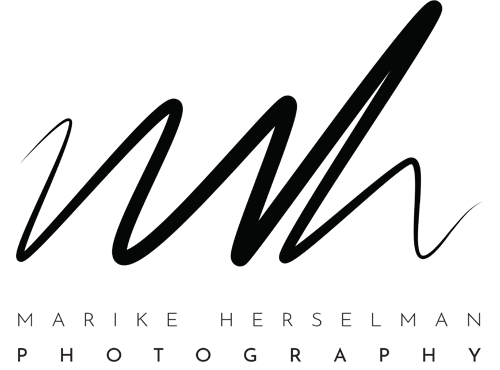Beauty and the Brain
What do we perceive as beautiful? How much of our perception is nature and how much is nurture? Where does the primitive brain kick in and where does culture take over? As I find all my subjects beautiful because of interaction, I decided to explore what the brain does before being able to connect features to personality.
A Ted talk by Anjan Chatterjee triggered this urge to explore the concept of beauty. He is a professor in neurology from the School of Medicine at the University of Pennsylvania and has done several studies on how the brain reacts to beauty. Beauty has been a major discussion for decades but has mainly been discussed with logic or speculation. These days we have more information with tools of neurology and rules of evolutionary science. Beauty is subjective being influenced by factors that are best for the survival of the group. Through his studies, Anjan has pin pointed certain parameters of beauty:
Averaging - Composite or average faces are often found more attractive than each individual face. This is where many different features of different individuals are put together to create one face. It agrees with the idea mixed races are found more attractive than inbred families. The reasoning behind this is that genetic diversity and adaptability indicates a stronger breed.
Symmetry - Most people find symmetrical features more attractive as we tend to choose perfection. Think of choosing a piece of fruit in the supermarket...you tend to go for the perfectly shaped apple because of survival and instinct. Developmental abnormalities are associated by asymmetries and these imperfections in animals, plants and humans are usually connected with a parasitic infection. So symmetry is an indication of health.
Hormones - Estrogen and testosterone have an influence in what we find attractive. Men are attracted to women whose features are both youthful and mature. If the face looks too young, she's not fertile and when the face is too old, reproductive success is in question. Men will look for big eyes, full lips and narrow chins, all of which shows youth as well as high cheekbones which indicate maturity. Testosterone produces typical masculine features like thicker brows, thinner cheeks and square jaw.
So what happens in the brain when we see beautiful people? Areas that form part of our visual cortex recognize faces and activates an area that processes objects. Reward and pleasure areas in the frontal cortex deep within the brain get activated. So in essence the visual brain that recognizes faces combines with our pleasure centers to underpin the experience of beauty. They have also found that our brain reacts to beautiful faces without thinking of beauty but identity meaning that the brain automatically responds to beauty by linking a visual with pleasure.
The brain has identified beauty but automatically takes it a step further. We also have a 'beauty is good' idea embedded in the frontal cortex, which overlaps neural responses with beauty and goodness, even when you’re not thinking of either. The brain seems to naturally associate beauty with good which could explain the biological trigger to social effects of beauty. Attractive people receive privileges, are regarded more intelligent, better jobs with higher pay. In his studies he has found that people with minor facial abnormalities are regarded as less intelligent, less hardworking, less good, less kind and less competent. So it seems that the brain will have a negative association with disfigurement.
So why do I like redheads, a concept my friends can't seem to comprehend. Why is beauty so objective? Even though the brain has such a big influence on subconscious ideas and decisions, the primitive brain gets challenged continuously by popular beliefs, society and culture. What influence has society had on our idea of beauty and how has it changed over the past couple of years? Look at gaps in the teeth that became so popular with models when previously everyone needed braces to close those unwanted gaps. Trends seem to move away from the average and we become attracted to what is different. Is that conscious thinking, marketing and the need to be different? Is the brain still just interested in the big eyes and full lips?
An then culture and conditioning. What we are used to will be attractive for us while previous experiences might create a negative connotation with feature that might be regarded as beautiful. Be it conscious or subconscious, our perception of beauty is continuously evolving as we are changing and developing as a species. Next time your head turns or you do a 'double take', take some time to figure out what that trigger was. Popular belief? What you're used to, or your brain trying to get your gene into the next generation.




